Rising atmospheric carbon dioxide affects food nutrient content. Plants grow larger but contain fewer essential nutrients. This imbalance particularly impacts those with existing nutritional deficiencies.
Climate change poses a significant threat to global food security.
Did you know? CO2 levels have increased by 50% since pre-industrial times, reaching 421 ppm in 2022.
Carbon-Rich Air Creates Nutrient-Poor Plants
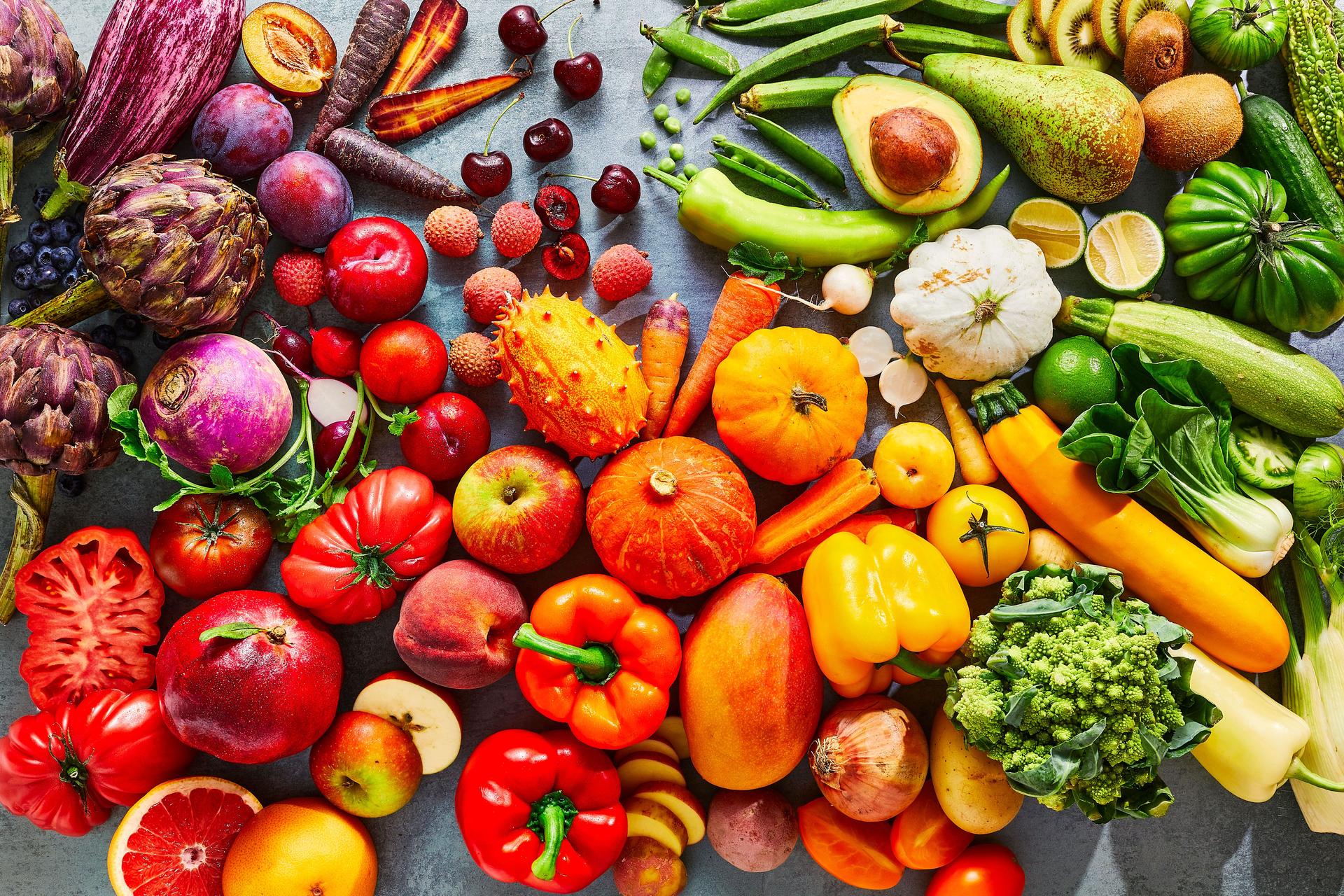
Excess carbon dioxide creates an imbalance between air and soil. Plants absorb more carbon but not more nutrients. This results in carbon-rich but micronutrient-poor crops.
The nutritional quality of our food is declining as a result.
Stat: A 2014 study found that CO2 levels of 550 ppm could reduce the protein content in wheat by 6-14%.
Soil Degradation Impacts Food Nutrition
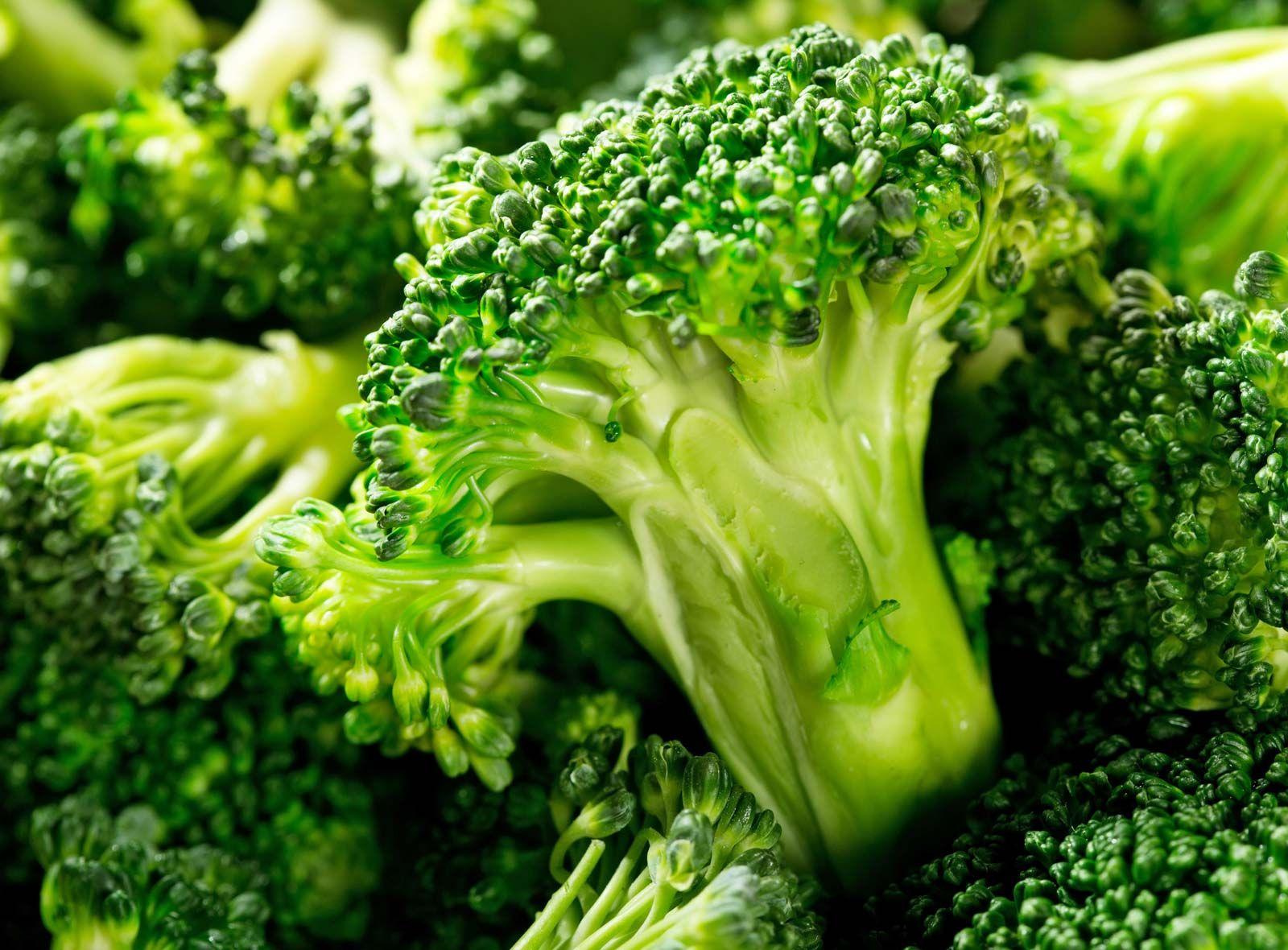
Industrial agriculture practices disturb soil health. Soil acidification and pollution reduce food nutrient content. Degraded soils produce less nutritious crops.
Restoring soil health is crucial for maintaining food quality.
Historical fact: The Dust Bowl of the 1930s was partly caused by poor soil management practices.
Biodiversity Loss Reduces Food Variety
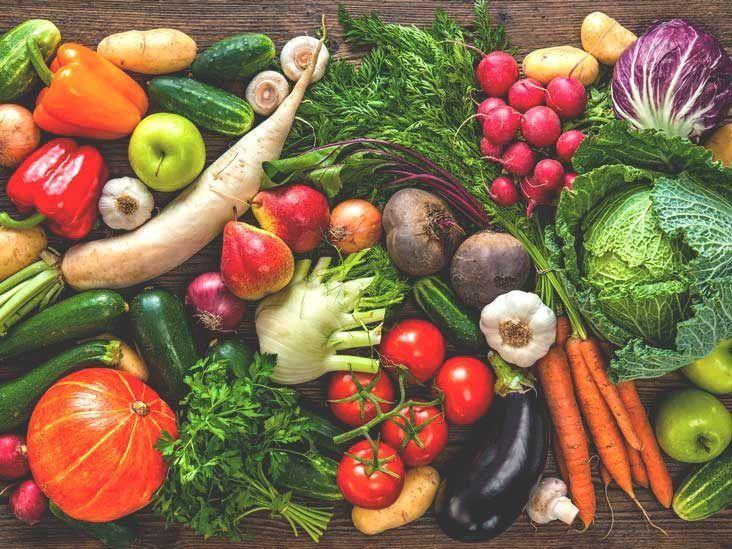
Species extinction affects crop diversity. Loss of pollinators impacts food production. Reduced biodiversity limits our food options.
Protecting biodiversity is essential for a varied and nutritious diet.
Did you know? About 75% of global food crops rely on animal pollination.
Micronutrient Deficiencies Affect Billions Globally
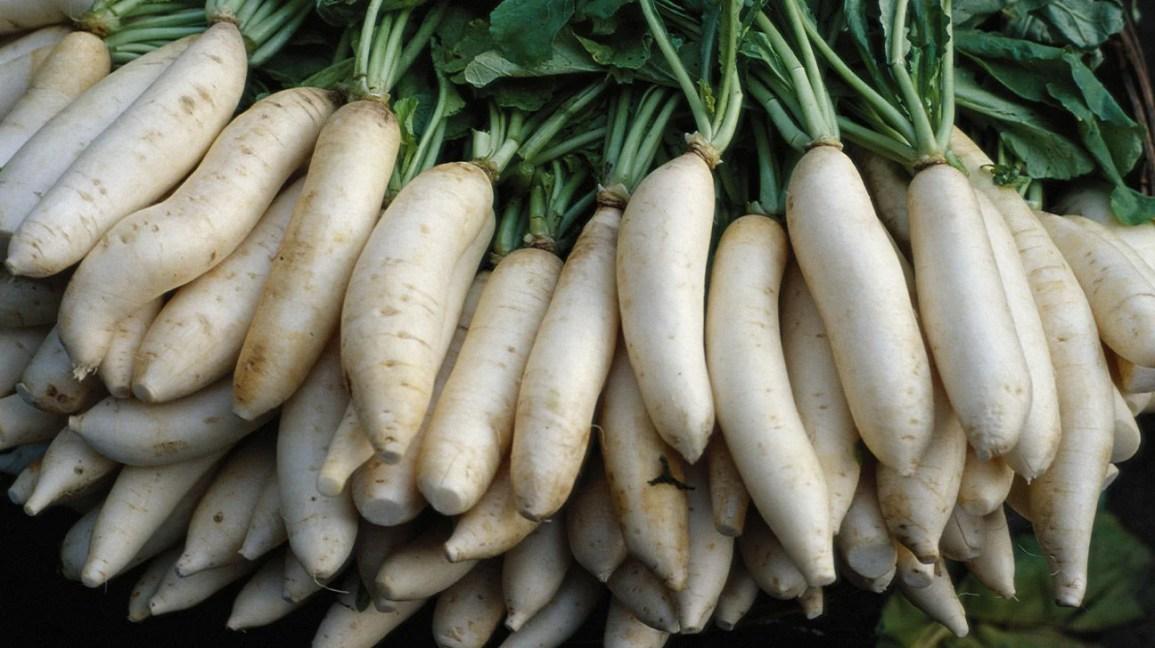
Two billion people suffer from micronutrient deficiencies. Climate change could worsen this situation. Zinc and protein deficiencies may increase significantly.
These deficiencies pose a huge burden on human health.
Stat: Iron deficiency affects over 30% of the world’s population, making it the most common nutritional disorder.
Climate Change Exacerbates Existing Malnutrition
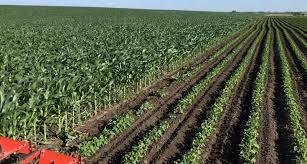
Declining crop nutrition disproportionately affects vulnerable populations. Areas with existing malnutrition face greater risks.
Climate change compounds food insecurity issues. Addressing climate change is crucial for global nutrition.
Multi-Faceted Solutions Needed for Nutrition

Experts call for diverse approaches to the problem. Solutions must address climate change, soil health, and agriculture.
Interactions between these factors require comprehensive strategies. A holistic approach is necessary to maintain food nutrition.
Reducing Fossil Fuel Use Crucial
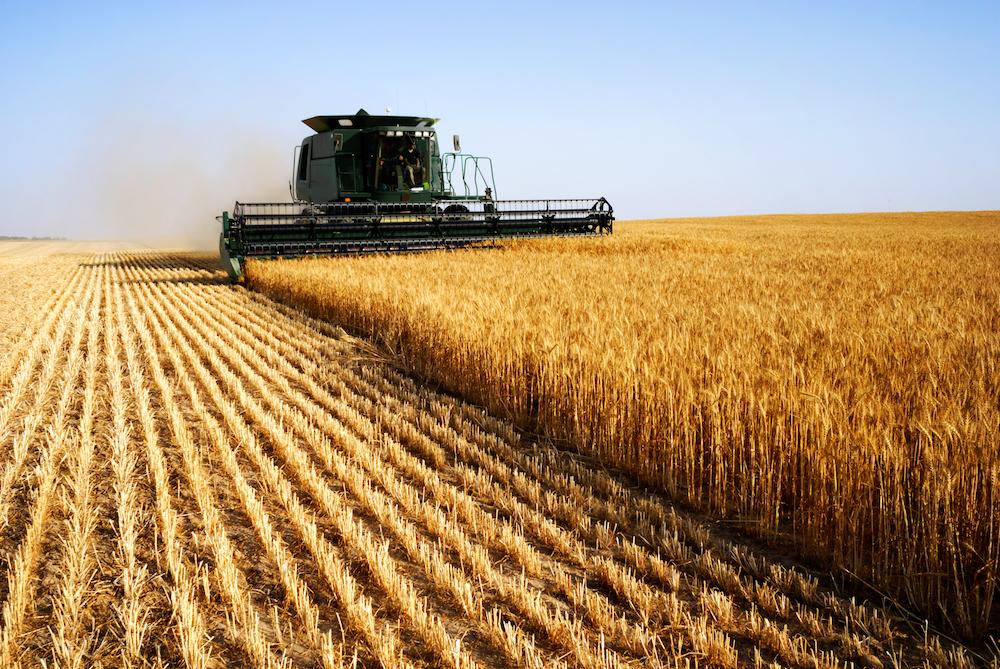
Curbing dirty energy use can slow CO2 rise. Lowering atmospheric carbon dioxide helps maintain crop nutrition.
Renewable energy adoption plays a role in food security. Energy policies impact our food’s nutritional value.
Regenerative Agriculture Restores Soil Health
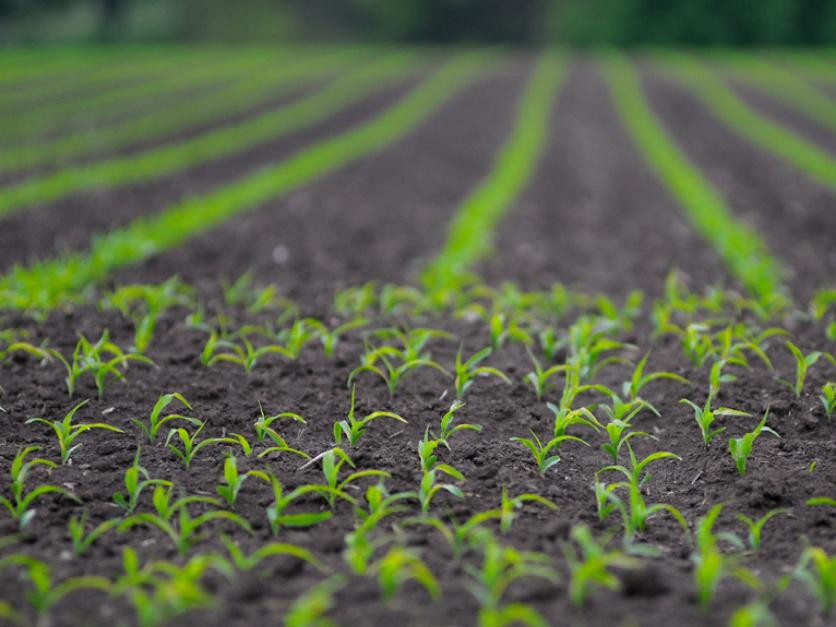
Regenerative practices can reverse soil degradation. These methods can sequester carbon from the atmosphere. Healthy soils produce more nutritious crops.
Adopting these practices could improve food quality globally.
Stat: Regenerative agriculture could sequester 322 billion tons of CO2, equal to nearly a decade of current global emissions.
Financial Incentives for Nutrient-Dense Crops
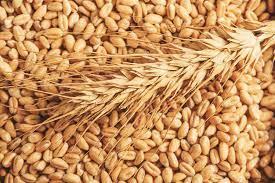
Rewarding nutrient density could change farming practices. Current systems often prioritize crop yields over nutrition.
Financial incentives could encourage healthier food production. This shift could improve the overall nutritional value of our food supply.


